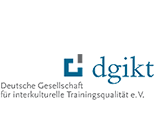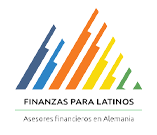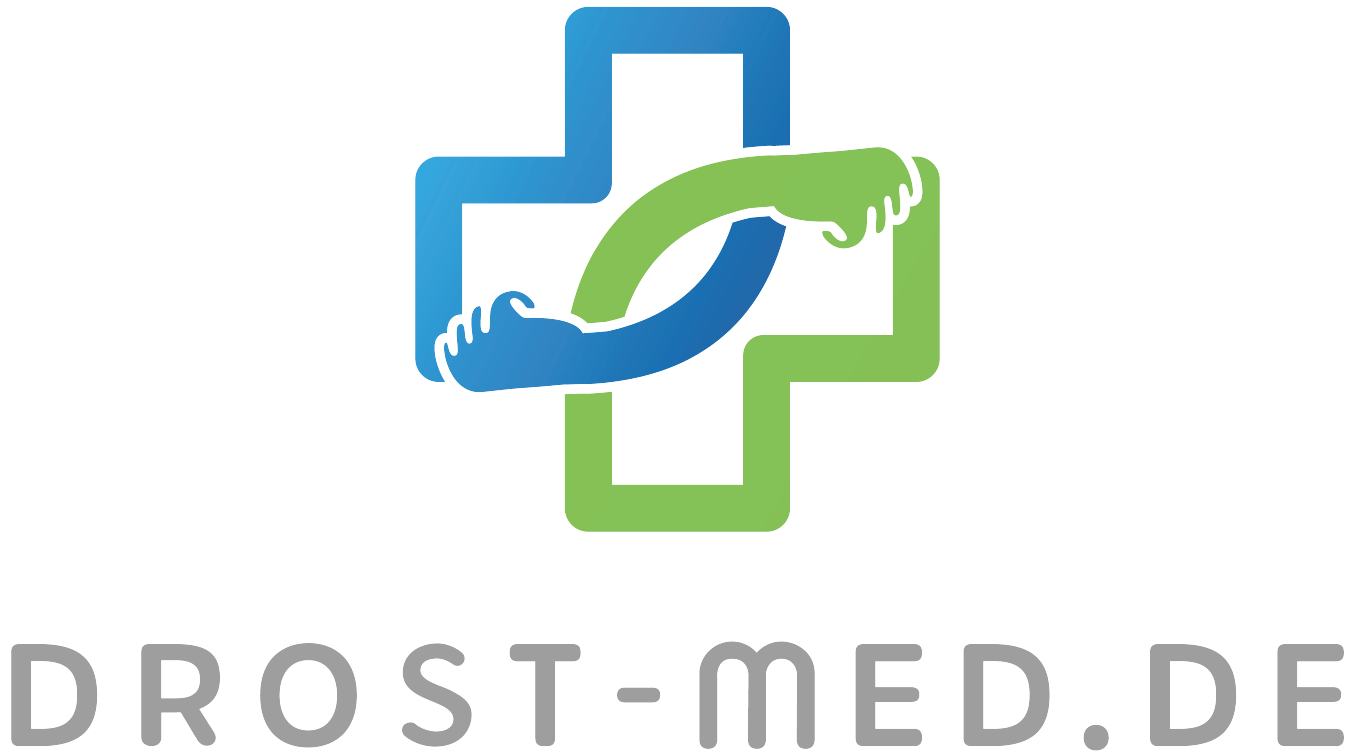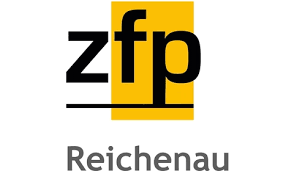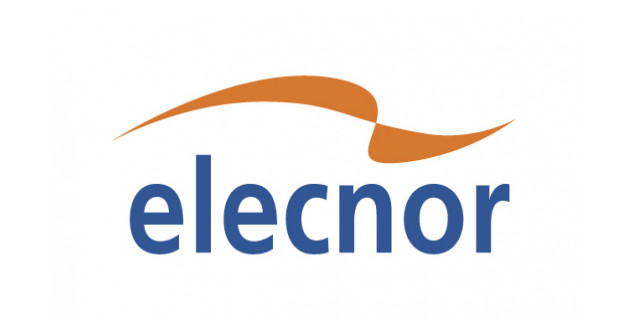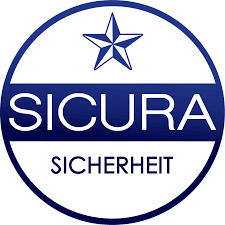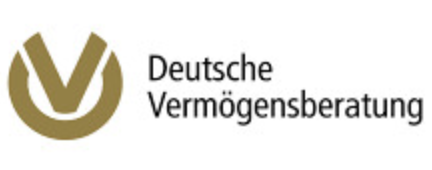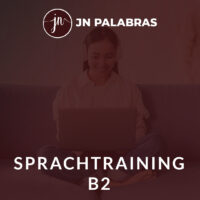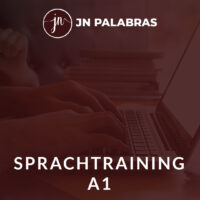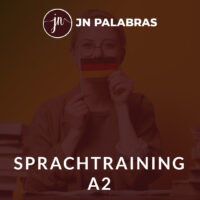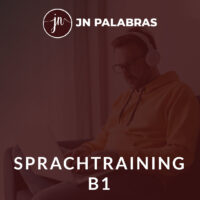Accelerated skilled worker process
Business Coaching
The new skilled worker immigration law at a glance
The new Skilled Immigration Act makes it easier for skilled workers with vocational training and people with practical professional knowledge to immigrate to Germany.
The new law continues and partially expands existing regulations for skilled workers with university degrees, such as the EU Blue Card. It will also be possible to look for a job with a new opportunity card.
The new law consists of several parts. The regulations will gradually come into force from November 2023. Here you will find an initial overview of the planned innovations:
The new EU Blue Card from November 2023
In implementing the requirements of Directive (EU) 2021/1883, the German legislature has redesigned and expanded immigration options with an EU Blue Card:
• Lowered salary limits: The salary thresholds for the EU Blue Card in regular and bottleneck occupations will be significantly lowered. In the future, a minimum salary of 45.3 % of the annual contribution assessment limit in pension insurance (in 2023: 39,682.80 euros) will apply for the bottleneck professions and young professionals, as well as 50 % (in 2023: around 43,800 euros) for all other professions .
• Extended circle of people:
Career starters: The opportunity to receive an EU Blue Card is being opened up to a larger group of people. For example, foreign academics who have acquired a university degree within the last three years can receive an EU Blue Card if, with the job in Germany, they earn a minimum salary of 45.3% of the annual pension insurance contribution assessment limit (in 2023: 39,682 .80 euros). This applies to both bottleneck and regular jobs.
IT specialists: What is also new is that IT specialists will be able to receive an EU Blue Card in the future if they do not have a university degree but can demonstrate at least three years of comparable professional experience. In this case, the lower salary threshold applies for bottleneck professions (45.3% of the annual contribution assessment limit; in 2023: 39,682.80 euros).
Expansion of the list of bottleneck occupations: The list of bottleneck occupations for the EU Blue Card is being significantly expanded. In addition to the current bottleneck professions (mathematics, computer science, natural sciences, engineering and human medicine), skilled workers in the following professional groups will in future also be able to receive an EU Blue Card if the other requirements are met:
o Production managers in the manufacturing of goods, mining and construction, and logistics
o Managers in the provision of information and communications technology services
o Managers in the provision of specialist services, such as childcare or healthcare
o Veterinarians
o Dentists
o Pharmacists
o Academic and comparable nursing and midwifery specialists
o Teaching and educational staff in school and extracurricular areas
Here too, the lower salary threshold applies to professions with shortages (45.3% of the annual contribution assessment limit; in 2023: 39,682.80 euros).
• Short-term and long-term mobility: Short- and long-term mobility to Germany is possible for holders of an EU Blue Card issued by another EU member state. Blue Card holders from other EU countries are allowed to come to Germany for a maximum stay of 90 days and stay here for the purpose of a business activity that is directly related to their employment. Neither a visa nor a work permit from the Federal Employment Agency is required for this short stay.
After a minimum stay of twelve months with the EU Blue Card in another EU country, long-term moving to Germany is possible without a visa. A German EU Blue Card must be applied for at the immigration authorities after entry.
• Facilitated family reunification with people who hold an EU Blue Card: For holders of the EU Blue Card who have already lived with their family in another EU member state, family reunification is regulated in a privileged manner. If these family members are subject to a visa due to their nationality, they are entitled to enter Germany and stay here as family members of an EU Blue Card holder using the residence permit issued in the previous member state, without first having to go through a visa procedure to go through. When issuing a residence permit in Germany, the requirements for sufficient living space (Section 29 Paragraph 1 No. 2 Residence Act) and securing a living (Section 5 Paragraph 1 No. 1 Residence Act) are no longer applicable.
Further changes since November 2023
Entitlement to the issue of a residence permit for skilled workers and waiver of the connection between qualification and employment
The two central legal bases for residence permits for skilled workers with vocational training (§ 18a AufenthG) and skilled workers with academic training (§ 18b AufenthG) will be changed in two respects:
• Firstly, you are now entitled to a residence permit if all requirements are met.
• Secondly, the restriction that one can only work based on the qualifications conferred by the professional qualification will be lifted. So if you have qualified vocational training or a university degree, your job search is not limited to jobs that are related to this training. There are exceptions for regulated professions.
Employment of professional drivers
The granting of approval by the Federal Employment Agency for the employment of professional drivers from third countries will be simplified. In principle, it is no longer checked whether the required EU or EEA driving license and the basic qualification or accelerated basic qualification are available. In addition, the priority test will be canceled and language skills are no longer required.
Employment regulations since March 2024
Stay for the recognition of a foreign professional qualification
The opportunities to stay in Germany to take part in qualification measures are being expanded. The previous 18-month residence permit for the implementation of adaptation measures (Section 16 d (1) Residence Act) is now issued for 24 months when it is first issued. An extension for a further 12 months is possible up to a maximum period of stay of three years. This gives employers more flexibility.
Part-time employment during the qualification measure will be increased from 10 to 20 hours per week. This enables prospective skilled workers to enter the job market more easily.
The implementation of qualification measures in Germany aims to achieve full equivalence of foreign professional qualifications. The new Skilled Immigration Act introduces two new access routes:
- Entry and employment as part of a recognition partnership: The recognition partnership makes it possible to obtain a residence permit to pursue qualified employment and to carry out the necessary recognition procedure only after entry. In contrast to the previous options for carrying out qualification measures, in this case it is not necessary to initiate a recognition procedure or to have a certificate of partial equivalence before entering the country. The granting of a visa is linked to the obligation of the prospective skilled worker and the employer to apply for recognition after entry and to actively pursue the procedure. The basic requirements for the recognition partnership are, in addition to the employment contract, the existence of a professional qualification that has required at least two years of training or a university degree - both of which must be recognized by the respective country of training - as well as German language skills at level A2 (CEFR). The residence permit is usually issued for one year and can be extended for up to three years.
- The previous residence requirement for recognition in accordance with Section 16 d (3) (old), if the focus is on a lack of practical skills in the workplace, will no longer apply in future. Persons with a decision on partial equivalence who mainly lack practical skills in the workplace have two options for the purpose of professional recognition in Germany: In future, they can - as before - enter Germany either to complete a qualification measure (Section 16 d (1) AufenthG) or as part of a recognition partnership (Section 16 d (3) new AufenthG).
• Entry to carry out a qualifications analysis: Recognition seekers who, in the opinion of the responsible body, should carry out a qualifications analysis in Germany to determine the equivalence of their foreign qualifications, can be granted a residence permit for up to six months for this purpose. One of the prerequisites is that you can demonstrate knowledge of German. As a rule, knowledge of German at least at level A2 (GER) is required.
Employment of skilled workers and workers
• Special regulation for practical professional experience: The employment of people with strong practical professional experience is expanded. The new regulation now applies to all non-regulated professions in all sectors. The requirement for people with practical professional experience is that they have a vocational or university qualification that is recognized by the respective training country. In the case of a vocational qualification, a training period of at least two years is required. As an alternative to a state-recognized qualification, a qualification from a German Chamber of Commerce Abroad is sufficient under certain conditions. In addition, at least two years of experience in the desired profession is required. Formal recognition of the qualification in Germany is not required.
Access to the labor market will be made even easier for IT specialists: the necessary relevant professional experience will be reduced to two years (previously three years). A professional or university degree is still not required. Language skills no longer have to be proven for the visa.
• Labor market access for nursing assistants from third countries: With the planned innovations, labor market access for nursing staff will be supplemented by a regulation for nursing assistants from third countries. All people from third countries with nursing training below the three-year regulated specialist training can be employed in the health and care sector. The prerequisite is that these people can provide evidence of either appropriate German vocational training in the nursing sector or a foreign nursing qualification that has been recognized in Germany.
• Job search following training in the health and care professions: Nursing assistants and nursing assistants from third countries who completed their training in Germany should in future be able to apply for a residence permit to search for a job. The residence permit is issued for up to twelve months and can be extended by up to six months if your livelihood is still secured.
• Settlement permit for skilled workers from abroad: Foreign skilled workers who have a residence permit according to § 18a, § 18b, § 18d or §18g AufenthG and have neither completed any domestic vocational training nor studied in Germany will receive it after just three years (previously four years ) the settlement permit in Germany. In addition, holders of an EU Blue Card can receive a settlement permit even more quickly: it can be issued after 27 months of employment with an EU Blue Card; if you have sufficient knowledge of German (level B1 GER), it can even be 21 months.
For graduates of a course of study or vocational training in Germany, the current special provision for the settlement permit remains in effect: after just two years of holding a residence permit to work as a “skilled worker” (residence permit according to Sections 18a, 18b or 18d Residence Act), they can a settlement permit can be granted.
• Facilitation of family reunification to become skilled workers: If spouses or minor children move to Germany to work with certain skilled workers, proof of sufficient living space will be waived in the future. In addition, such skilled workers can also bring their parents and – if the spouse is also a permanent resident in Germany – parents-in-law to visit them if they receive their residence permit for the first time on or after March 1, 2024.
• Residence permit for holders of start-up scholarships: In order to set up a company, skilled workers within the meaning of Section 18 Paragraph 3 of the Residence Act can in future receive a residence permit for up to 18 months if they are granted a scholarship from a German scientific organization or public body for this purpose.
Our partners

